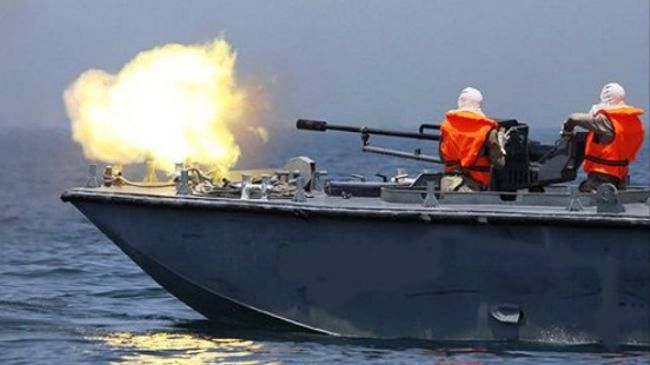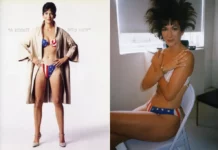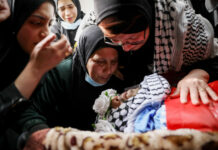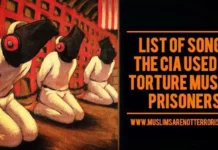
Restricted fishing zones, from twenty nautical miles down to as little as three; honest men unable to make a living from fishing muddy waters where the fish are unable to inhabit. Boats blown apart by soldiers having a ‘bad day’, and others shot and killed without question…families surviving on international aid alone, because there is nothing else. These are some of the issues facing the fishing community in Gaza since the naval blockades were imposed in 2007.
In one personal account, a 50 year old fisherman recalls when it wasn’t unusual to bring home $500 from a single days work; he now struggles to feed his family.
His story grasps hold of you, as though you were standing on the concrete marina with him, staring out into the cold Mediterranean. But it’s all he can do now since his new boat was blown up and his son attacked by an Israeli gunboat. The occupants, his only son and his nephews were fishing two miles from the marina – within the restricted zone, were told to strip down and jump into the icy waters. What followed was a gun attack, shooting into the water around them. His son was arrested, the others survived. It was fortunate his son was returned several hours later.
But this is the way of the Gaza with the restrictions imposed. Livelihoods, stemming back generations, are devastated. Thousands of dollars of assets are either seized or destroyed. The thought of straying just past a nautical border could see you shot and killed, though there are no more fish to find in the mucky waters so close to land.
“Sometimes I think that Israel is financially fighting Palestinians in Gaza. Because they seize boats for reasons that have nothing to do with security issues, reasons that have more to do with fighting people and their source of income. Sometimes I think if they see a fisherman trying to haul in a huge amount of fish, they keep shooting until he leaves everything behind and runs. So the main target is to control what financial benefits people can get out of the sea.
It’s really hard now to support my family through fishing. It’s really bad. Before, I used to donate money to charity. But now I’m living on international aid. It’s only because of this that I can survive. We get some support from CHF, but it’s not money. It’s just flour and oil. I could make $500 a day before, and now I haven’t made anything for a month. If I could make even $30 in a day, that would be an incredible day of fishing. But I never feel discouraged. I’m always hoping for the best.” [1]
_________________________________________________________________________________________________________
Sources:
[1] Cate Malek & Mateo Hoke (7 November 2014) “When I go to work, I expect to be killed: The Terror of being a Fisherman in Gaza.” http://www.alternet.org/books/when-i-go-work-i-expect-be-killed-terror-being-fisherman-gaza (Retrieved 23 November 2014)




